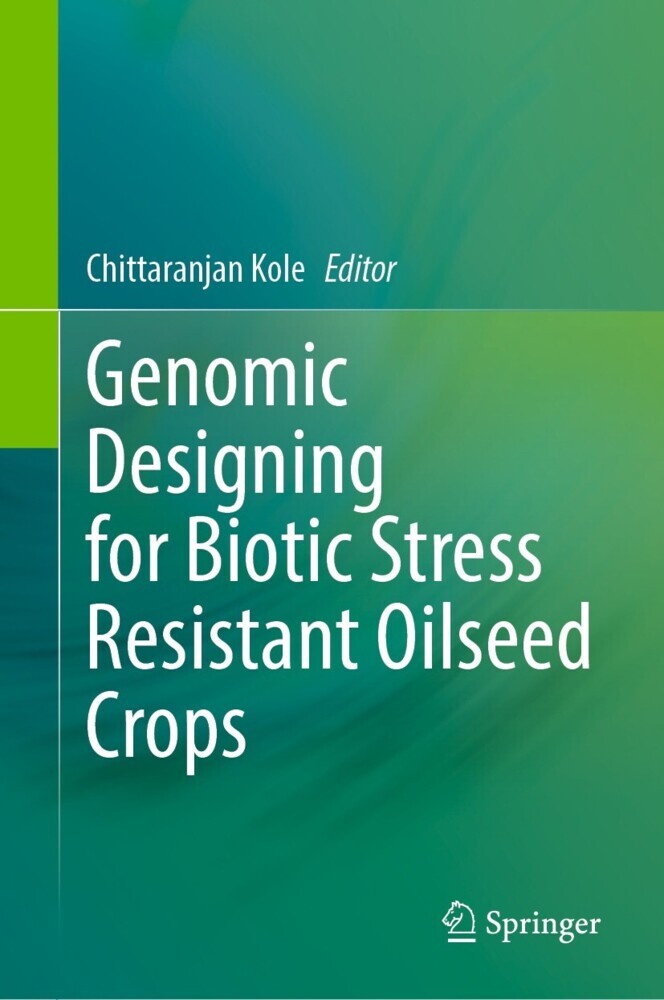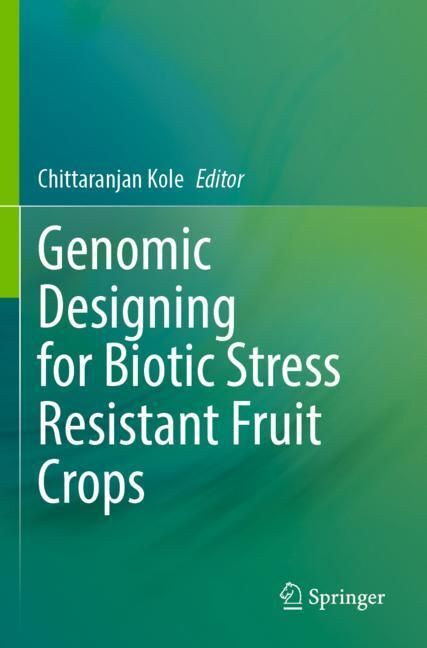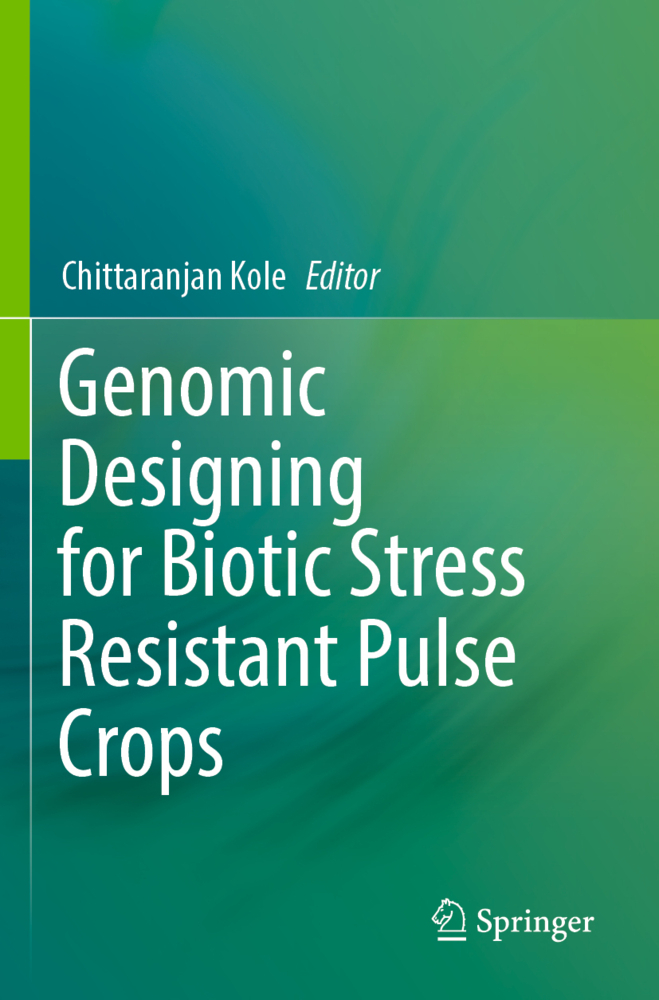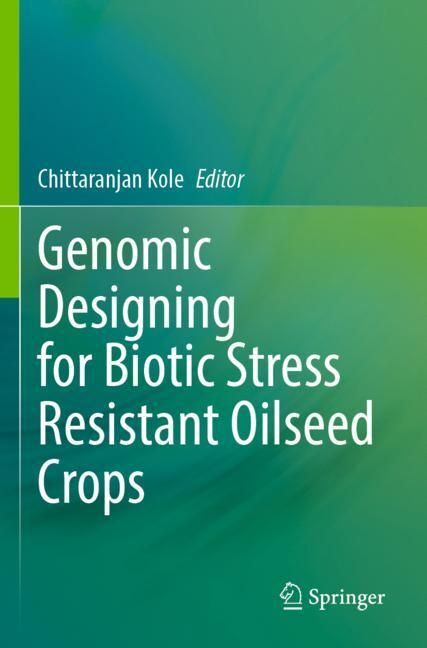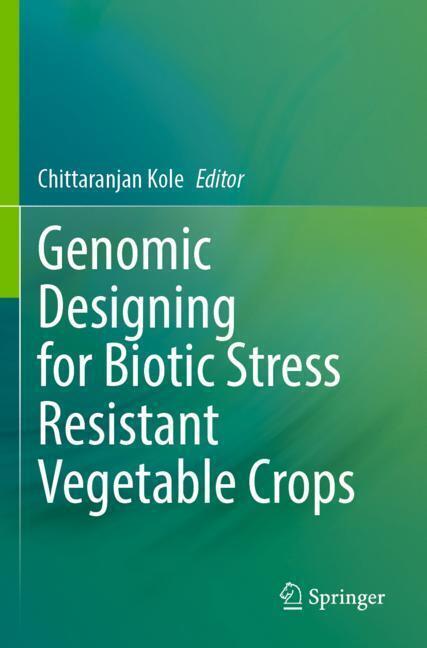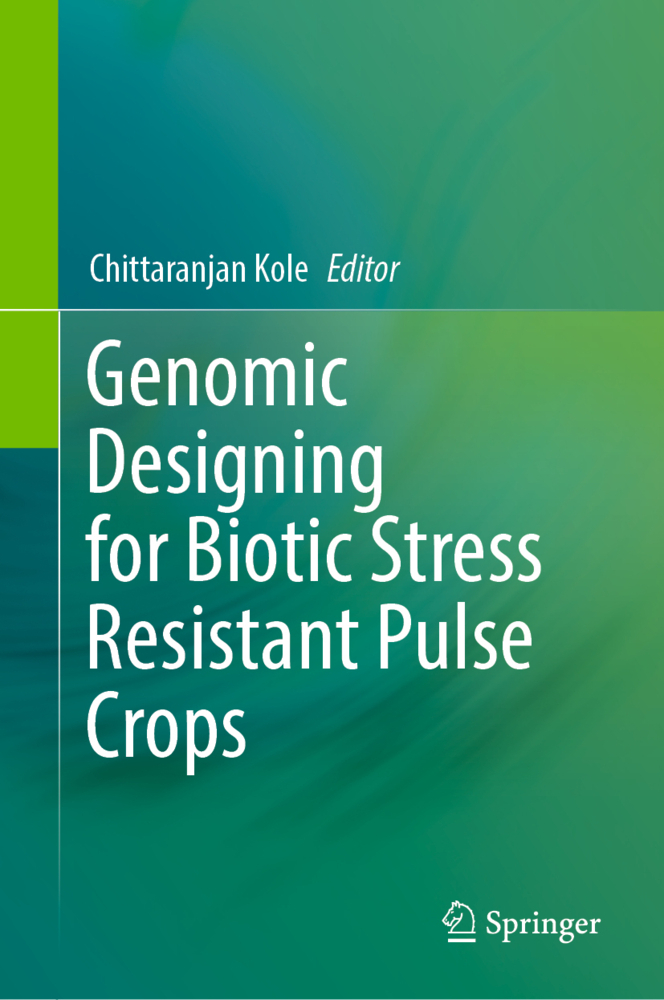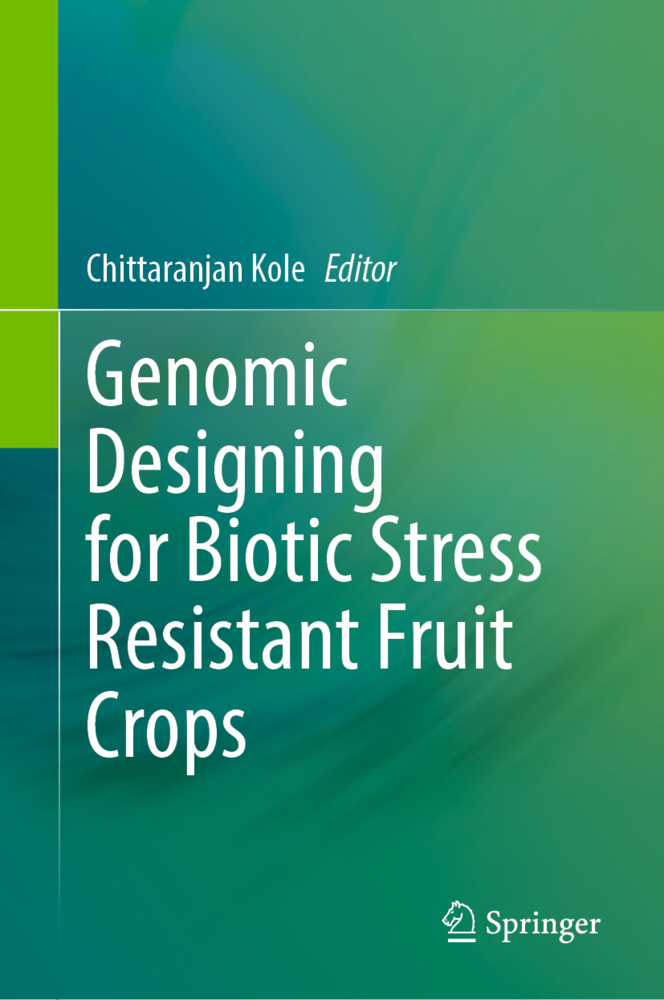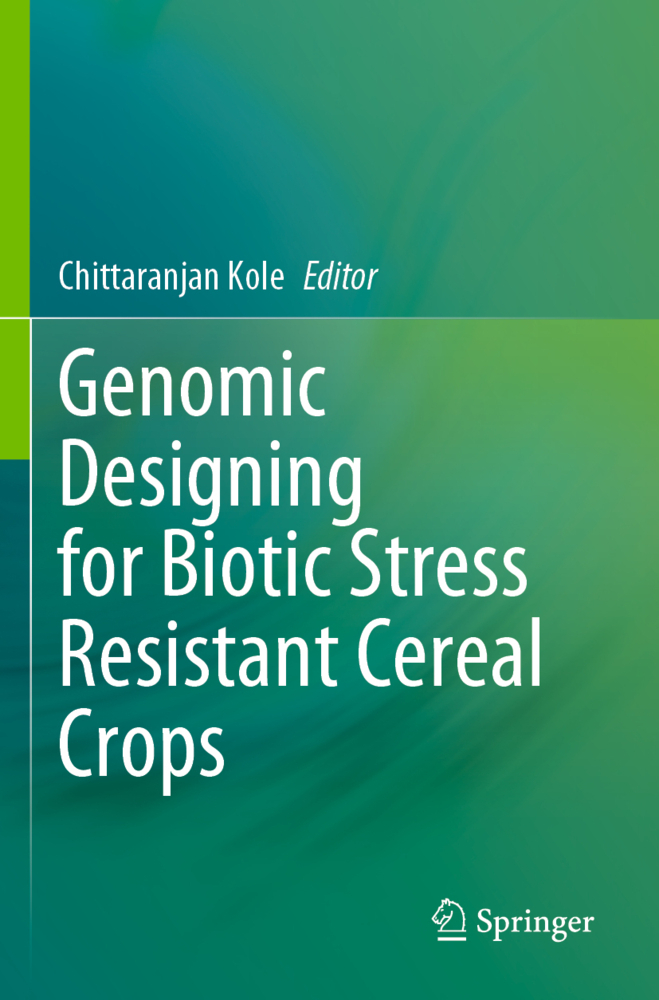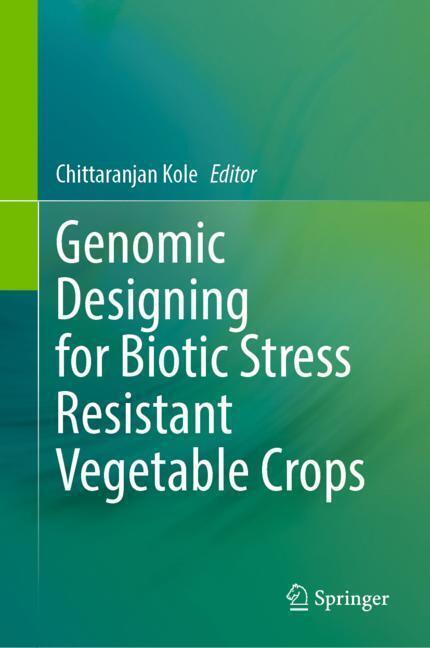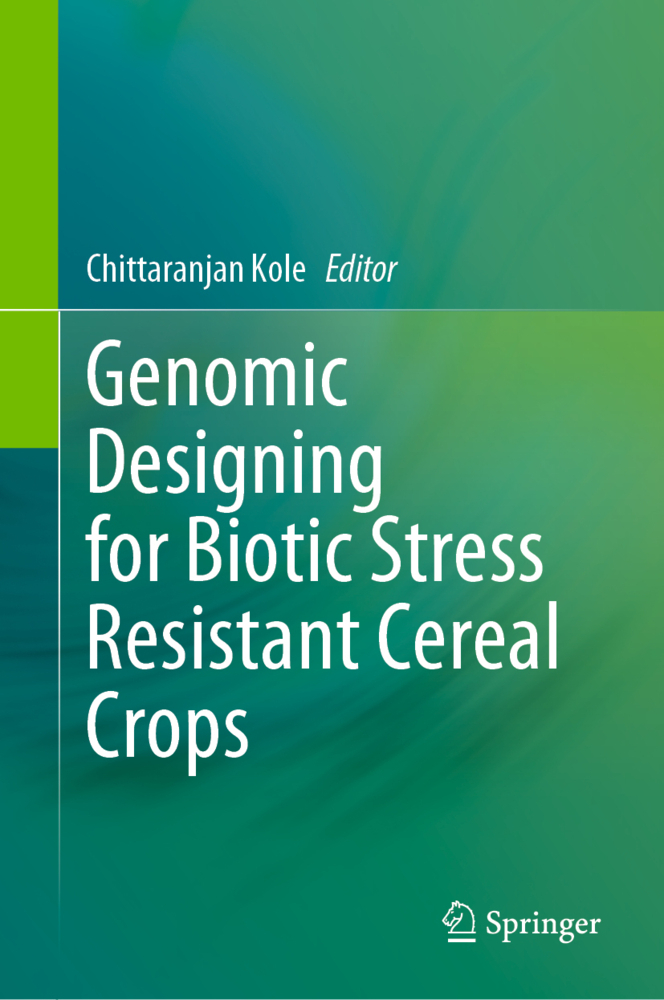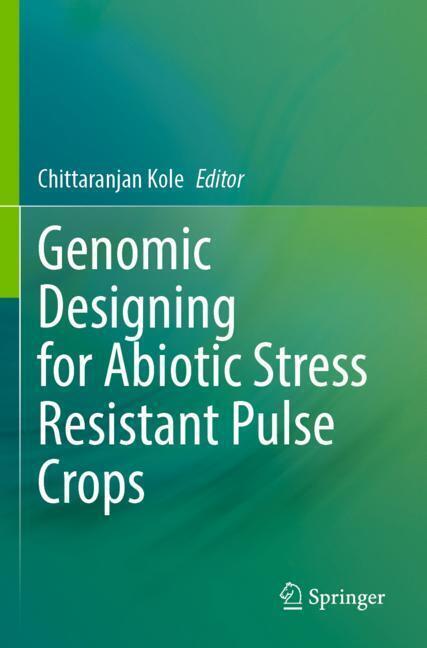Genomic Designing for Biotic Stress Resistant Oilseed Crops
Biotic stresses cause yield loss of 31-42% in crops in addition to 6-20% during post-harvest stage. Understanding interaction of crop plants to the biotic stresses caused by insects, bacteria, fungi, viruses, and oomycetes, etc. is important to develop resistant crop varieties. Knowledge on the advanced genetic and genomic crop improvement strategies including molecular breeding, transgenics, genomic-assisted breeding and the recently emerging genome editing for developing resistant varieties in oilseed crops is imperative for addressing FPNEE (food, health, nutrition. energy and environment) security. Whole genome sequencing of these crops followed by genotyping-by-sequencing have facilitated precise information about the genes conferring resistance useful for gene discovery, allele mining and shuttle breeding which in turn opened up the scope for 'designing' crop genomes with resistance to biotic stresses.
The eight chapters each dedicated to an oilseed crop in this volume elucidate on different types of biotic stress agents and their effects on and interaction with the crop plants; enumerate on the available genetic diversity with regard to biotic stress resistance among available cultivars; illuminate on the potential gene pools for utilization in interspecific gene transfer; present brief on the classical genetics of stress resistance and traditional breeding for transferring them to their cultivated counterparts; depict the success stories of genetic engineering for developing biotic stress resistant varieties; discuss on molecular mapping of genes and QTLs underlying biotic stress resistance and their marker-assisted introgression into elite varieties; enunciate on different emerging genomics-aided techniques including genomic selection, allele mining, gene discovery and gene pyramiding for developing resistant crop varieties with higher quantity and quality of yields; and also elaborate some case studies on genome editing focusing on specific genes for generating disease and insect resistant crops.Prof. Chittaranjan Kole is an internationally reputed scientist with an illustrious professional career spanning over thirty-seven years and original contributions in the fields of plant genomics and biotechnology leading to the publication of more than 150 research articles in globally leading journals. He has edited over 150 books for the leading publishers of the world including Springer Nature, Wiley-Blackwell and Taylor & Francis Group. His works and editing acumen have been appreciated by seven Nobel Laureates including Profs. Norman Borlaug, Arthur Kornberg, Werner Arber, Phillip Sharp, Günter Blobel, Lee Hartwell and Roger Kornberg. Previously he was a Visiting Professor in The Pennsylvania State University and Clemson University. He also served as the Vice-Chancellor of the BC Agricultural University in India. He is also the President and Founding Principal Coordinator of the International Climate-Resilient Crop Genomics Consortium (ICRCGC) and International Phytomedomics and Nutriomics Consortium (IPNC).
Kole, Chittaranjan
| ISBN | 9783030910358 |
|---|---|
| Artikelnummer | 9783030910358 |
| Medientyp | E-Book - PDF |
| Copyrightjahr | 2022 |
| Verlag | Springer-Verlag |
| Umfang | 345 Seiten |
| Sprache | Englisch |
| Kopierschutz | Digitales Wasserzeichen |

